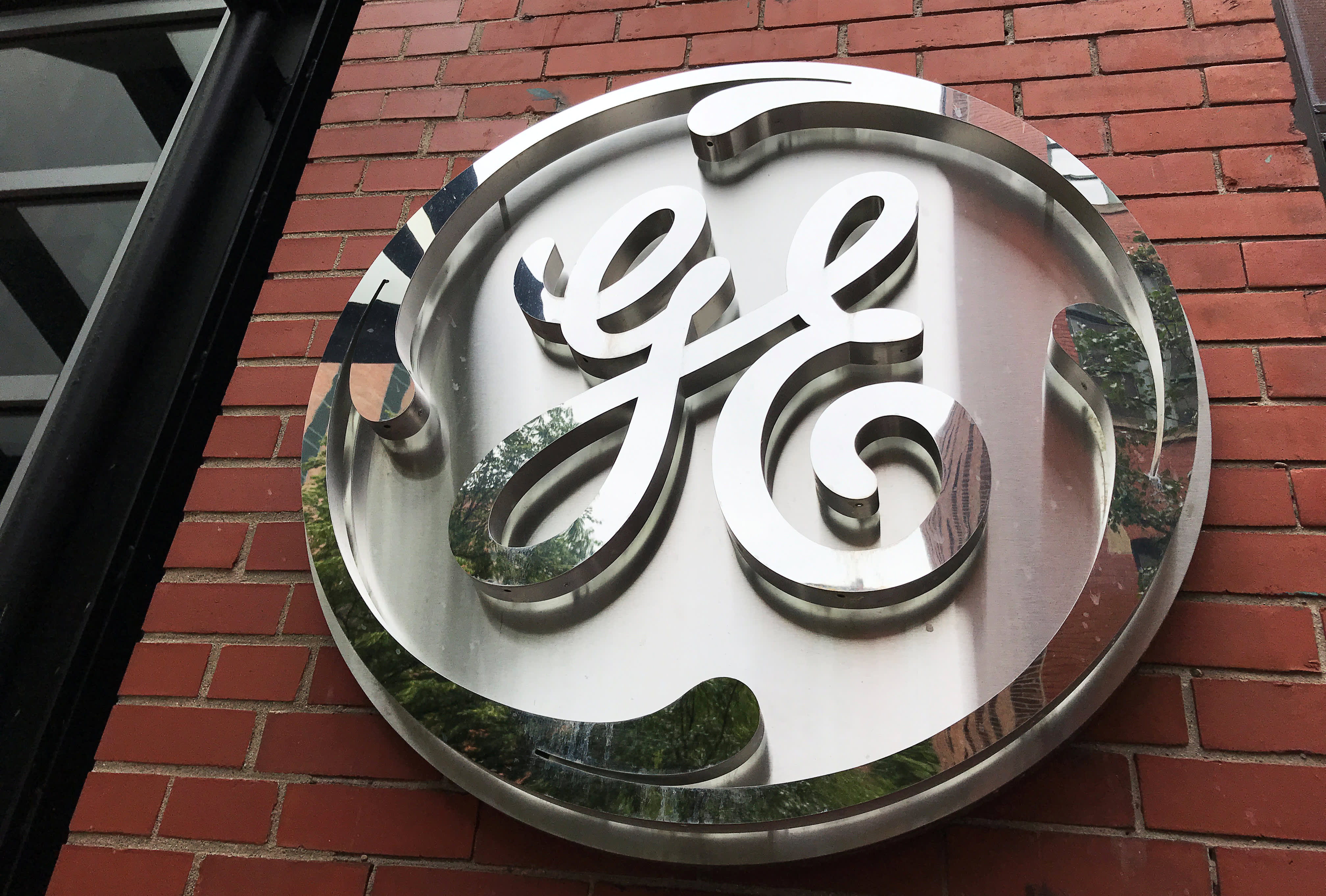Hits: 19

The allegations by Madoff whistleblower Harry Markopolos of a $38 billion fraud at General Electric are “at best disingenuous” and “at worst highly inaccurate,” according to Nick Heymann, co-group head of global industrial infrastructure at the William Blair financial services firm.
“You got the stock on sale yesterday for absolutely no basis. This is why all the insiders are buying,” Heymann told CNBC on Friday, one day after GE shares tanked 11% to $8.01 per share, in their worst trading session in more than a decade.
GE stock on Friday regained most of the losses after the troubled conglomerate late Thursday revealed that CEO Larry Culp purchased nearly $2 million worth of shares. The purchase was made after Markopolos called the company “a bigger fraud than Enron.”
Culp, who became chairman and CEO of GE last year, said the Markopolos accusations were false and driven by market manipulation. Leslie Seidman, a GE board director and audit committee chair, also pushed back on the Markopolos report, telling CNBC on Thursday that it “does not reflect the GE that I know.” She added that the report is “full of misleading, inaccurate and inflammatory statements.”
Earlier Thursday, billionaire investor Stanely Druckenmiller told CNBC that he added to his position in GE, which according to SEC filings already totaled 6.2 million shares. Druckenmiller said he believes in Culp’s turnaround plans.
In a 175-page report, Markopolos accused GE of issuing fraudulent financial statements to hide the extent of its accounting problems. He told CNBC on Thursday that GE is a bankruptcy waiting to happen. Markopolos, best-known for pointing out irregularities with Bernie Madoff‘s investment strategy years before the Ponzi scheme was exposed, also said he conducted the research into GE at the behest of a hedge fund, which he refused to name.
“The two noncash charges that [Markopolos] alleges should be currently reflected on GE’s balance sheet, which collectively total $18.2 billion, those are not accurate under GAAP accounting,” Heymann said. The company is already cooperating with Justice Department and SEC inquiries into its accounting practices.
“If this was announced in 2016 or 2017, it would be a very different, real, substantive pulling back of the covers,” argued Heymann. In January 2018, he pointed out, GE’s long-term care insurance unit had to boost reserves by $15 billion. Markopolos claims another $18.5 billion of insurance loss reserves are needed.
Admitting he’s not knowledgeable enough to say either way whether Markopolos is correct about the $18.5 billion, Heymann said GE could easily afford that amount if it were required.
“The immediate liquidity of the company — unrestricted cash, revolving lines less commercial paper outstanding — is over $60 billion. That’s write a check,” Heymann said. He added that GE would be getting $21.4 billion in the fall from the BioPharma sale, and could sell its health-care unit for about $46 billion and the rest of Baker Hughes for $5.5 billion. “That gives you a $133 billion of intermediate-term cash liquidity to address an $18.5 billion alleged requirement,” Heymann calculated.
“This is the last Molotov cocktail that someone is throwing down the street,” Heymann said of the Markopolos report, suggesting it’s a desperate attempt to disparage GE for profit.
In a note to William Blair clients, Heymann wrote, “We do not believe GE’s financial statements purposely misrepresent the company’s current financial condition and future potential liabilities. We find it hard to believe that GE, which has been engaged with several regulatory reviews of its accounting and financial disclosures for over two years, has fraudulently misrepresented its financial reporting.”
Heymann was among a number of analysts on Friday who were defending GE following the Markopolos report.
CNBC’s before the bell news roundup
Get this delivered to your inbox, and more info about about our products and services.
By signing up for newsletters, you are agreeing to our Terms of Use and Privacy Policy.
Be the first to comment